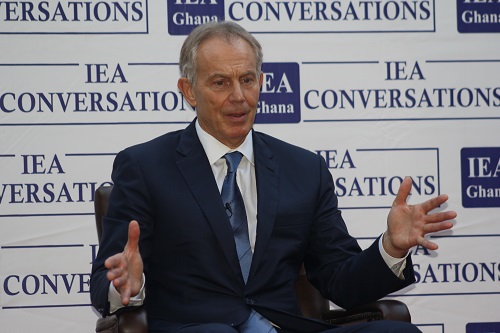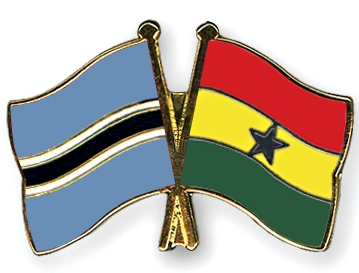 USAID has constructed 55 community boreholes, including one in the Abaasi Nyamebekyere community in the Central Region, where accessing clean water remains a challenge. In addition to bringing necessary water infrastructure, USAID’s Water, Sanitation and Hygiene project emphasizes capacity building to support local management so communities are empowered to ensure long-term benefits and sustainability.
USAID has constructed 55 community boreholes, including one in the Abaasi Nyamebekyere community in the Central Region, where accessing clean water remains a challenge. In addition to bringing necessary water infrastructure, USAID’s Water, Sanitation and Hygiene project emphasizes capacity building to support local management so communities are empowered to ensure long-term benefits and sustainability.
Existing Community Challenges
Prior to the borehole, the Abaasi Nyamebekyere community’s main water source water was a nearby stream and a well. Because of unhygienic practices, the well water was considered unwholesome; each dusty harmattan season, the stream would dry up and the community would have to resort to digging small dugouts in the ground to find water.
Big Improvements with Borehole Construction
USAID has since financed the construction of a new borehole in the community. As Ama recalls, the impact of the borehole has been significant, and her face lights up as she discusses the positive changes for Abaasi Nyamebekyere. The water is cleaner, and in her mind, healthier as well. She can now dependably use water from the improved source for drinking, bathing and household chores.
Steps Toward a Sustainable Future
As part of the intervention, the project worked with the community to establish a water and sanitation committee, comprised of community members who are charged with promoting responsible usage of the borehole, increasing awareness of water and sanitation issues, and calling the community to action to address sanitation needs. As a community, the people will vote on how to best collect monies to support future repairs and regular maintenance for the borehole. According to Kwame Adabo, a member of the community leadership,“[proper management] will help the community to put aside some funds, so that in the future, we’ll be able to maintain the facility.” He adds, “The water is giving the community strength, more than that from the stream.”
Source : USAID.








